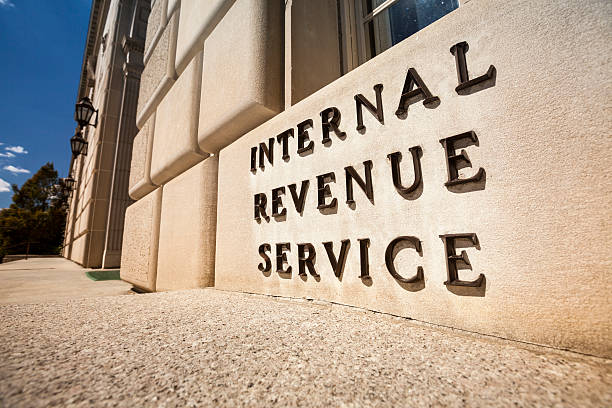
The Internal Revenue Service stated Monday that it is discontinuing its decades-long strategy of making unannounced home and business visits in an effort to keep its employees safe and combat scammers posing as IRS agents.
Revenue officials will no longer make unannounced inspections of taxpayers’ homes and businesses, “except in a few unique circumstances,” according to a statement from the Treasury Department. Instead, the organization will send letters to individuals in order to plan meetings.
“Today’s announcement is the right thing to do, at the right time,” new IRS Commissioner Daniel Werfel told reporters on a call Monday.
The change, he added, marks the end of “an era at the IRS,” reversing a practice by revenue officers whose duties include visiting people’s homes and businesses to resolve problems by collecting unpaid taxes and unfiled tax returns.
The National Treasury Employees Union, which represents IRS employees, praised the agency
Threats to the agency have increased in recent years, in part due to conspiracy theories that agents would target middle-income taxpayers more aggressively following the passing of a climate, health care, and tax plan that included $80 billion to boost tax collections.
In response, the government announced a comprehensive investigation of safety at its facilities last August. In addition, the agency announced in May that it will begin limiting employees’ personal identifying information in discussions with taxpayers.
In a report, the Treasury Department’s inspector general for tax administration stated that it was “concerned that taxpayers and anti-government or anti-tax groups with malevolent intent may use the Internet or social media to track down and identify IRS employees, their families, their homes, and personal information to threaten, intimidate, or locate them for physical violence.”
The National Treasury Employees Union, which represents IRS employees, praised the agency for putting a halt to unannounced visits.
”The officers we represent will continue to efficiently and effectively carry out their mission of helping taxpayers meet their lawful tax obligations through other means of communication,” union leader Tony Reardon said in an emailed statement.
In March, Ohio House Republican Jim Jordan asked Werfel and Treasury Secretary Janet Yellen why writer Matt Taibbi received an unexpected home visit from an IRS agent shortly after testifying on Capitol Hill about his study into Twitter records.
Werfel believes “the issues raised by unannounced visits, including ones that have been raised to us by Congress, will be significantly mitigated” by the policy change.
According to the IRS, an increase in scam artists posing as IRS inspectors has also caused misunderstandings concerning unannounced house visits.






